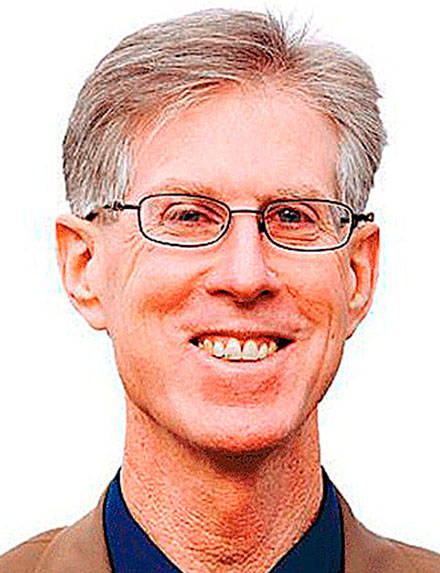Teacher salaries are soaring … as the Washington Education Association predicted they would.
Leaders of the statewide teacher union declared in March that a surge in state funding due to the McCleary lawsuit meant classroom instructors could win pay raises of double-digit percent at the bargaining table.
It happened for teachers in Edmonds public schools in late July. The local union reached a deal with the school district on July 30 to boost starting pay for a first-year teacher by nearly 19 percent and to hike earnings for veteran instructors by 13 to 20 percent.
Before them, teachers achieved agreements to push up salaries by an average of 13.5 percent in Omak, 17.2 percent in Othello, 17.3 percent in Bellevue and 12.2 percent in Lake Washington, to name a few.
Some lawmakers want to know how these are possible as they thought laws passed the past two years prevented super-sized wage escalation. Other lawmakers are glad it is happening and insist it is exactly what they intended in those laws.
Some asked Superintendent of Public Instruction Chris Reykdal to weigh in. Last week, he offered an explanation along with a broader look at the salary-setting landscape now that the legal fight on school funding is over.
But one of the first points he makes in his July 26 letter is the difficulty of providing school districts guidance when lawmakers themselves are not on the same page.
“What is clear to me is that you do not all agree on what you passed or what was meant by one aspect of a policy or another,” he wrote.
Their approach to salary-related matters is setting the tone, and inciting tension, in negotiations between teachers and districts, he said.
Lawmakers treat salary setting differently for superintendents and administrators than for certificated teachers and classified staff, he noted.
For the former, pay hikes are limited to 3.1 percent which is the rate of inflation. For the latter, that same percentage is essentially the base on which can be stacked increases in up to six other categories.
“In short, I believe you adopted a wide open collective bargaining framework,” he wrote, in spite of a desire of some members to limit compensation in the 2018–19 school year.
Reykdal said lawmakers’ attempt at achieving fairness in funding is creating new inequities which will inhibit some districts from giving teachers the kind of salary increases negotiated in Edmonds, Bainbridge Island and elsewhere.
For example, lawmakers agreed districts with lots of veteran teachers positioned at the top of the pay chart will get a few extra state dollars. And lawmakers decided to use a “regionalization factor” to funnel additional money to districts where the cost of living is higher, the reliance of local levies greater, or salary scales grandfathered in at a level above their neighbors.
“Unfortunately, there are massive differences in opportunities across the state for compensation changes,” Reykdal wrote. “Some districts have the resources to give substantial increases within the parameters you set. While others (sometimes neighboring districts) got none of the resources described above and do not have the ability to match the increases of some of their peer districts.
“The confluence of inconsistent compensation models paired with open bargaining language will continue to create difficult and often contentious relationships at the local collective bargaining table,” he wrote.
Contract deals reached so far are in districts where there are resources. Negotiations are continuing in roughly 200 other districts with agreements sought before Sept. 1 to avert any impact on the school year.
As they did in March, WEA leaders urged on their members.
“Don’t accept excuses from your school board or superintendent – or anyone else,” they posted online on July 31. “Thanks to McCleary, the money is there.”
As salaries rise in some districts, tension will be climbing in others.
Contact The Herald (Everett) columnist Jerry Cornfield at 360-352-8623, jcornfield@heraldnet.com or on Twitter, @dospueblos.


